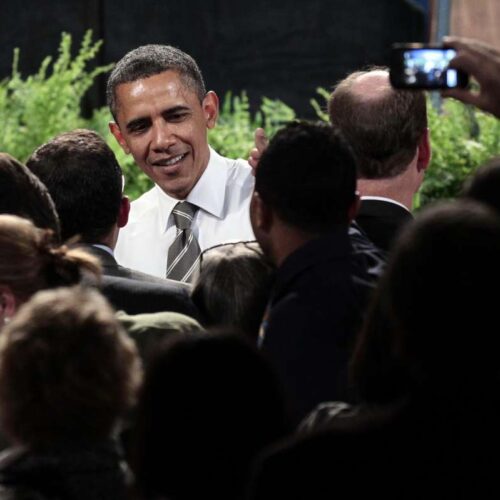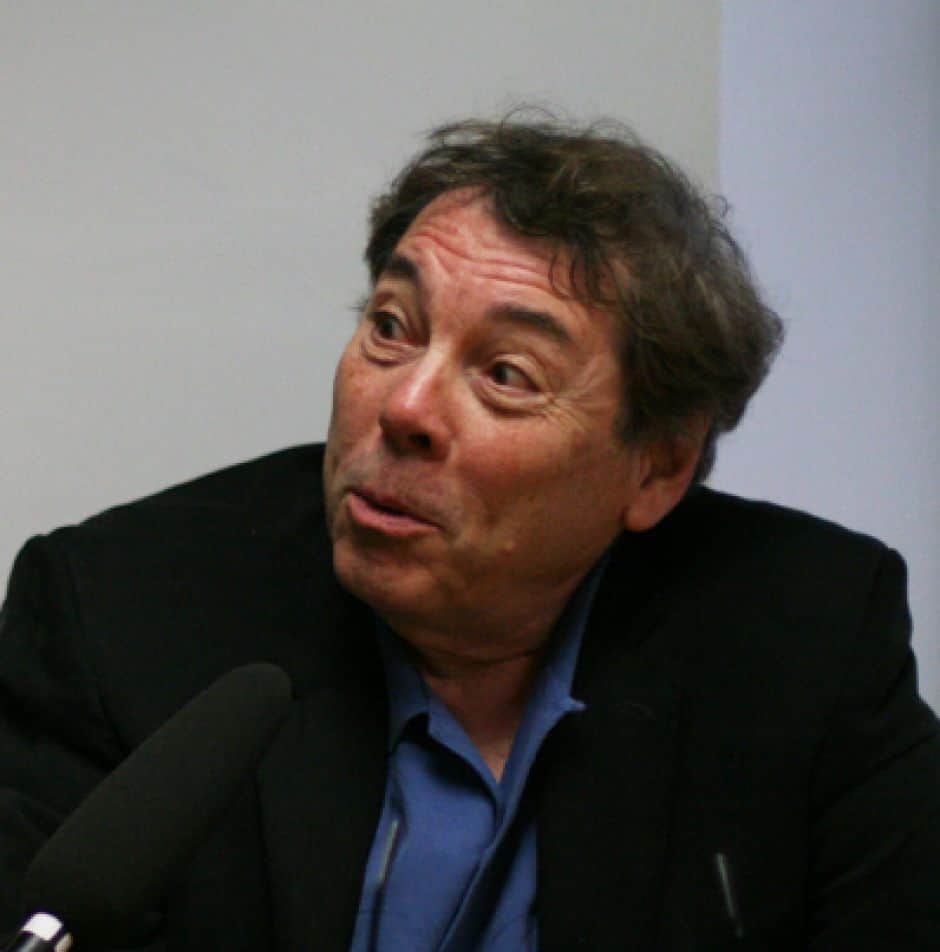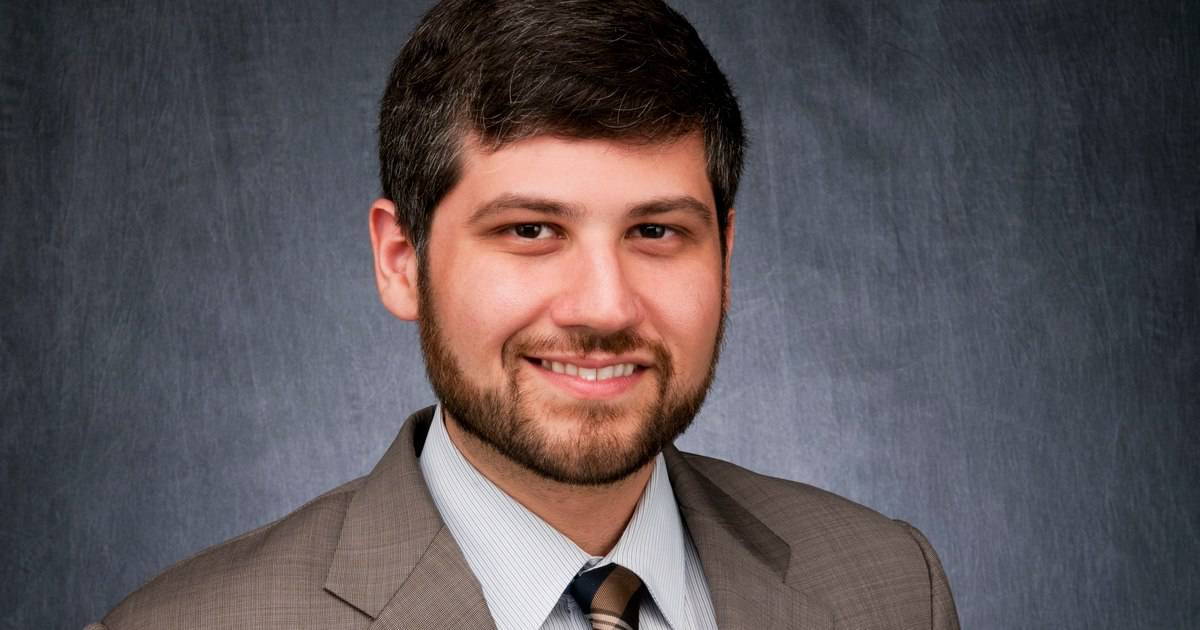Introduction
As President Barack Obama ramps up his campaign for a second term, many of his top fundraisers are showing how money helps win influence and access to power in Washington.
Dozens of Obama’s elite donors — many of them wealthy business figures — have been appointed to advisory panels and commissions that can play a role in setting government policy. Others have been invited to a range of exclusive White House briefings, holiday parties and splashy social events.
And some have snagged lucrative government contracts that benefit their business interests or investment portfolios, a Center for Public Integrity investigation has found.
These fundraisers are known as “bundlers” because they solicit $2,500 contributions from multiple friends, colleagues and family members and provide “bundles” of checks to the campaign. The sum of contributions per bundler ranges from $50,000 to more than $500,000.
The Center’s analysis of Obama campaign records and White House and other government documents shows:
- At least 68 of 350 Obama bundlers for the 2012 election or their spouses have served in the administration, ranging from seats on advisory boards that tackle critical national issues such as economic growth, to ceremonial posts such as serving on the board of the John F. Kennedy Center for the Performing Arts.
- At least 250 of the bundlers have been cleared to attend a White House event since January 2009. Most have come twice while others are frequent visitors. The events range from policy briefings to coveted invitations to state dinners and music and entertainment nights featuring top-draw performers at the executive mansion.
- At least 30 of the 2012 bundlers have ties to companies that conduct business with federal agencies or hope to do so. They range from Wall Street investors to green energy, technology and defense firms with multimillion-dollar government contracts.
“Money has always spoken loudly in politics and what this shows is that money still has vocal cords. It has not been silenced,” said Jeffrey Berry, a political science professor at Tufts University.
Skirting limits?
Bundling draws the ire of many public interest groups because it skirts individual contribution limits of $2,500 for federal elections. By pooling these donations, bundlers enhance their stature as financiers and they may seek political favors in return for their largesse, these groups contend.
“You raise a lot of money for a politician and you get rewarded, and that’s not supposed to be part of our political system,” said Meredith McGehee, policy director with the Campaign Legal Center. “The fact it’s become so commonplace is the scandal.”
White House officials deny big donors receive special favors and insist that all appointments are based on merit.
They say that Obama is the “most transparent” president in history, noting he is the only 2012 presidential candidate who has thus far disclosed the names of bundlers — and point out that the president’s decision to release partial records of persons entering the White House complex makes it possible to track bundlers’ access for the first time.
“The people in these posts have sterling academic credentials, years of public service and private sector experience that make them eminently qualified for the positions to which they were appointed. Being a donor does not get you a job in this administration, nor does it preclude you from getting one,” White House spokesman Eric Schultz said in a statement emailed to the Center.
While Obama deserves credit for transparency, experts say this does not address the underlying problem.
“Running for president costs so much money, candidates need bundlers, and bundlers usually need to be stroked and rewarded so that their giving continues,” wrote Mary Boyle, vice president of communications for Common Cause in an email. “Until we fix the way we pay for our political campaigns, so candidates, including presidential, don’t need to rely on private money, this will be an issue.”
Same old story?
When Obama kicked off his first presidential campaign in February 2007, he vowed to diminish the power of special interests in Washington. Yet he began awarding spoils to super donors once he took office — just like past presidents, records show.
A 2011 Center investigation found that nearly 200 of his 2008 campaign bundlers, or their spouses, won White House appointments. Nearly 80 percent of those who raised $500,000 or more joined the administration in some role, often as ambassadors. Obama’s record of welcoming bundlers into his administration is about the same as former President George W. Bush’s, the investigation found.
Some of the bundlers from the 2008 election cycle who took government jobs and still hold them are prohibited by law from engaging in partisan political activities and fundraising. But that ban doesn’t apply to many members of hundreds of commissions and boards that advise government officials on a part-time basis.
Of the 350 bundlers for the 2012 campaign, about 100 also made the list in 2008.
The 2012 bundlers have attended a broad range of White House events — just like those in the 2008 campaign in which Obama raised more money than any presidential candidate in history. At least 49 of the 68 bundlers in the 2012 cycle who have served in the administration were appointed after January 2010, records show.
Frank F. Islam, a successful Washington area entrepreneur, shows the varied roles these major donors can play.
He sits on a government panel that advises the Commerce Department on minority business and other policy matters, and he also collects cash for the Obama campaign. So far, he’s brought in from $50,000 to $100,000, according to the campaign.
“I strongly believe that in order for us to participate in democracy, it is important to see that our voices are heard,” said Islam. He said he has never pushed an agenda or sought favors in return for his donations.
The Indian-American entrepreneur built an information technology company into a powerhouse which he sold in 2007 for more than $250 million. That year he formed FI Investment Group LLC in McLean, Va., which invests in technology and health care concerns. He’s now the company’s chairman and CEO.
’I have the skills’
In January 2010, the administration tapped him for a seat on the Advisory Committee of the Export-Import Bank of the U.S., an agency that helps finance the sale of American products worldwide. At least two other 2012 Obama bundlers also have served on the panel. His term has since expired.
Later, in July 2010, Islam was appointed to a four-year term on the Commerce Department’s Industry Trade Advisory Committee on Small and Minority Business, which allows business leaders to interact with government officials on trade policies and foreign investment.
Islam denied that his government appointments and frequent trips to the White House are in any way related to his fundraising prowess.
“I have the skills and knowledge and past performance to serve on the boards. I don’t get paid,” he said. “I am not receiving any kind of favor because I give money to the campaign. I’m there because … I can help promote trade for the United States.”
Islam said that he supports Obama in 2012 because the election is about “America’s future,” and “we need a leader who can spread economic growth. Those are my views.”
Islam’s been cleared to visit the White House at least eight times since December 2010, including a lunch-hour meeting between Islam and the administration’s chief technology officer, Aneesh Chopra, on April 21, 2011. He said Chopra is a personal friend.
He also attended a Nov. 30, 2011, White House meeting with about three dozen other Maryland businessmen to discuss the economy. In most cases, White House logs don’t list the purpose of a visit. But Islam’s website displays dozens of pictures taken at White House events, some showing him and his wife posing with Obama at social functions.
“I’ve been invited to the White House a lot,” he said.
Six-figure donor
So far this cycle Islam has contributed more than $100,000 to Obama and other Democrats for 2012 campaigns. Among them: $35,800 to the Obama Victory Fund, the joint committee between the Democratic National Committee and the Obama campaign and the primary war chest for the President’s re-election effort; $30,800 to the Democratic Congressional Campaign Committee, which works to elect Democrats to the House, and $9,200 to the Democratic Senatorial Campaign Committee, which does the same for the Senate, records show.
The Center for Public Integrity found bundlers serving on more than two dozen different commissions from the ever-popular Kennedy Center board to advisory panels that have significant clout. The White House press office typically refers to such appointments as “key administration posts.”
Chicago investor Penny Pritzker, an early Obama financial organizer and bundler, serves on the Kennedy Center board as well as the President’s Council on Jobs and Competitiveness. That panel was formed by Obama in January to help advise him on how to get the economy back on track. Two other bundlers serve on the jobs council with her.
In all, Pritzker has bundled between $100,000 and $200,000 for 2012, according to campaign records. During the 2008 campaign, when she served as Obama’s national finance chair, she was credited with raising more than $200,000.
Most appointees to advisory posts receive little scrutiny from the media or the general public despite their designation as “key” positions. The White House appointed six bundlers to advisory boards on Sept. 6, 2011, four from the class of 2012.
Two other groups have several bundlers on board: the United States Holocaust Memorial Council, with five, and the White House Council on Community Solutions with four. Obama created the council by executive order in December 2010 to “provide advice to the president on the best ways to mobilize citizens, nonprofits, businesses and government to work more effectively together to solve specific community needs,” according to the White House.
Hatch Act
While some of Obama’s 2008 bundlers accepted paying jobs in the administration — and thus are prohibited from fundraising for next year’s election — those on advisory posts are usually exempt.
The Hatch Act prohibits federal employees from soliciting political contributions, including hosting a fundraiser at their home. However, for employees who work “on an irregular or occasional basis” the law only applies while they are on duty, according to the Office of Special Counsel, the government branch that enforces the law.
In other words, as long as the appointee is not making fundraising calls during their board meeting, there’s no problem. The Office of Special Counsel doesn’t keep a list of which committees are covered by the law, preferring to enforce the law on a case-by-case basis.
Dozens of others in the 2012 class of bundlers have participated in White House meetings and policy briefings that in some cases align with the administration’s efforts to shore up support in the Jewish community, among African Americans, or with gay and lesbian groups, White House visitor logs show.
White House records show that visits to the complex by bundlers tended to spike in the months after Obama first took office, though they tapered off for many of the class of 2008 over time. Yet some 2008 bundlers returned for the re-election drive and many of the newest bundlers have made multiple trips.
For example, 22 bundlers, most with their spouses, attended a state dinner for German Chancellor Angela Merkel in June of last year. All but five were either new 2012 bundlers or repeaters, logs and the official guest list show.
White House visitor logs show at least a dozen events from December 2010 through August of last year attended by a dozen or more bundlers, often as part of larger groups. A “holiday reception” held on Dec. 14, 2010, attracted 46 bundlers.
A March 7, 2011, event which the White House described as “POTUS meeting” (Secret Service shorthand for “President of the United States”) attracted at least 20 bundlers, almost all from the 2012 campaign. The event prompted criticism from Republicans who accused Obama of using the White House as a campaign backdrop.
The bundlers are well represented throughout social events such as “Fiesta Latina Event” and “Classical Music Evening Reception” and more than 30 turned out for a taping of the PBS show In Performance at the White House, with Motown stars such as Stevie Wonder and Smokey Robinson and a separate celebration of the music of the civil rights era.
More than 5,000 visits
All told, bundlers have been cleared for more than 5,000 visits to the White House from January 2009 through August 2011, according to visitor logs.
Less common, though troubling to public interest groups, are cases in which bundlers have financial ties to businesses that receive government contracts or other public money — or might try to secure taxpayer funds.
Federal Election Commission rules narrowly define limits on these contributors. Businesses owned by a single person are prohibited from donating if they hold government contracts. But investors in other firms that do businesses with the federal government are free to donate.
Some of these donors, especially ones in the green energy field, have sparked criticism by Republicans in Congress, led by Rep. Darrell Issa, chairman of the House Committee on Oversight and Government Reform.
Issa’s panel last year launched an investigation into White House ties to campaign donors that received government contracts, loans and other favors, citing the failed energy firm Solyndra, which collapsed after receiving a $535 million Department of Energy loan guarantee.
Solyndra was partly financed by George Kaiser, a 2008 Obama bundler. Kaiser has denied any role in seeking the loan and is not a bundler for 2012.
Other energy projects tied to bundlers: $107 million in stimulus funding awarded in July 2010 for the Lost Creek Wind Farm in DeKalb County, Mo. The company’s founder is Thomas Carnahan, a member of a prominent political family and an Obama bundler.
Carnahan corralled at least $100,000 for the 2008 campaign and has upped his game for the 2012 election, bringing in between $200,000 and $500,000 for Obama.
Carnahan said in a statement that the project was one of thousands that qualified for grant money and has been generating electricity for “over a year and providing tax revenue, new jobs and other ongoing investments to the community.” He added: “Efforts to link my personal support for President Obama to the success of this project … simply have no basis in fact.”
Green for green
Steve Westly, a green entrepreneur, also has bundled between $200,000 and $500,000 for the 2012 campaign. During the 2008 cycle, the campaign credited him with at least $500,000 in contributions.
In March of last year, the Center and ABC News reported that Westly had served on a federal advisory board on energy policy and that since June 2009 four companies in his venture capital firm’s portfolio had received more than a half-billion dollars in loans, grants or stimulus money.
Westly had no comment on the report.
Another green investor and first-time Obama bundler has an energy grant application pending with the Department of Energy.
Simon Ahn is an Atlanta area entrepreneur and has bundled between $100,000 and $200,000 for Obama’s re-election. Ahn is the biggest investor in a Michigan electric car business which is awaiting a decision on a $65 million Department of Energy loan. The company, Alte Powertrain Technologies, hopes to use the proceeds to jumpstart plans to retrofit cars and light trucks with battery-powered powertrains.
He was cleared for three White House visits in December of 2010, records show.
Ahn could not be reached for comment. A spokeswoman for Alte said the company has not yet been notified if it will receive the loan.
Administration officials have argued that contracts are awarded to projects that show the greatest potential to create jobs or achieve other goals for the nation.
Even some of the administration’s most strident critics acknowledge that many wealthy fundraisers have a wide variety of financial holdings and there’s seldom direct evidence that they made contributions expecting a government contract in return. Public policy groups agree to an extent, but argue that there’s little doubt that money talks.
Boyle of Common Cause said that wealthy bundlers can amass political clout and use it to “further enrich themselves, and their circle of friends and business acquaintances.”
“Money buys access and influence and that’s the big problem,” she said. “Those who don’t have it are left out in the cold. That’s not how our democracy is supposed to work, and it must change.”
That’s not likely, according to Tufts political science professor Berry.
Asked if a Republican presidential challenger would end the practice should he win the office next year, Berry said: “It would be shocking if they decided not to try to reward their most loyal fundraisers. It would make no sense.”
Read more in Money and Democracy
Money and Democracy
S.C. governor got $62,500 from Romney-affiliated PACs
Tea Party favorite endorsed presidential candidate
Money and Democracy
Could SOPA and PIPA interfere with State Dept.’s global Internet freedom agenda?
Anti-piracy bills pose a challenge for diplomats who’ve promoted the uncensored web to foreign governments



Join the conversation
Show Comments